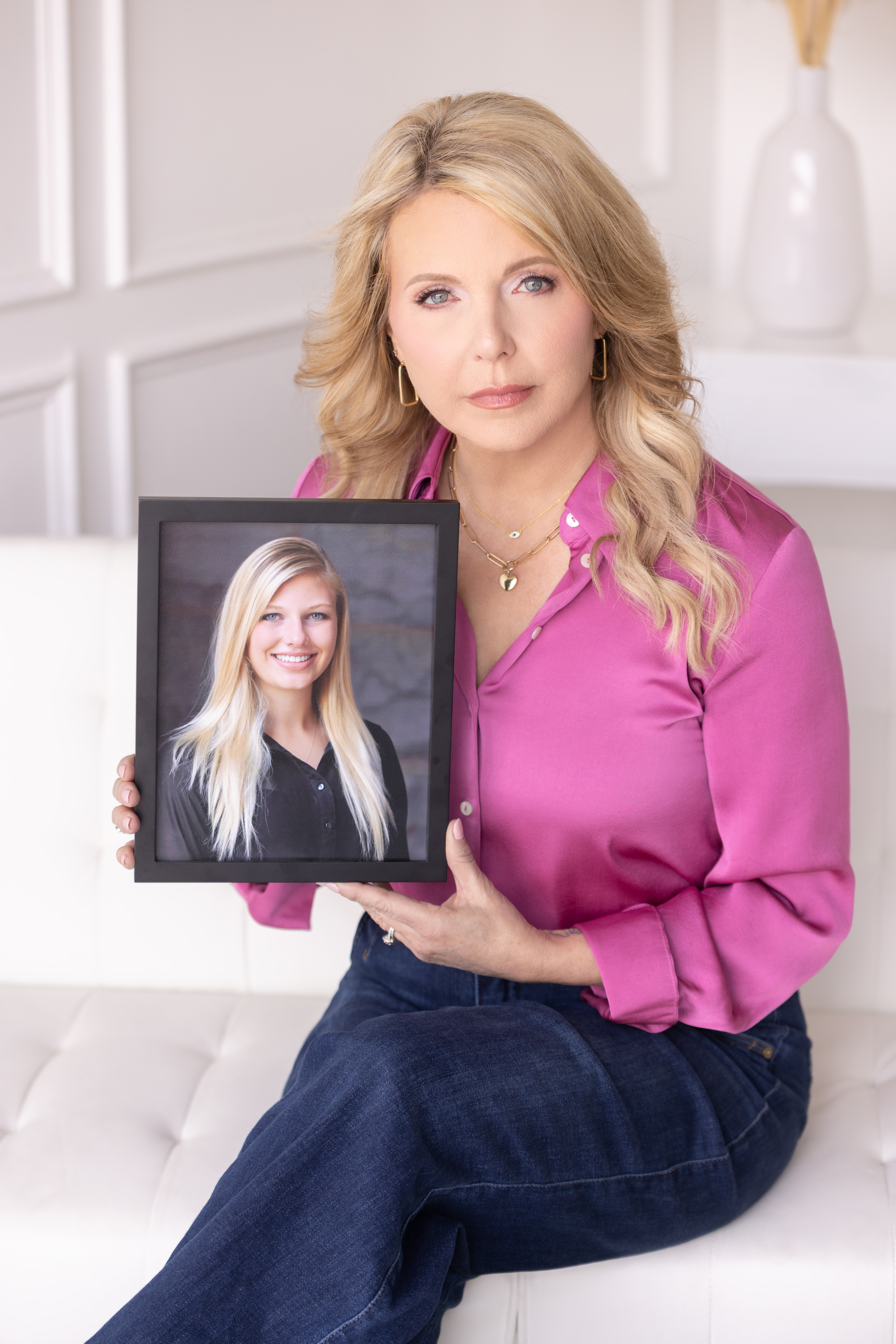The numbers are heartbreaking. Nearly 40% of high school students say they feel persistently sad or hopeless, according to the latest data from the Centers for Disease Control and Prevention. About one in five reported struggling with anxiety or depression in just the past two weeks, and another one in five said they seriously considered suicide in the past year.
In this episode of Grieving Out Loud, we sit down with the researchers behind a powerful new book, Mind the Children, that digs into what’s fueling America’s youth mental health crisis. The authors—journalists, researchers, and clinicians—want parents and policymakers to understand the full picture. Too often, they say, the blame gets pinned on a single factor. But the truth is, there are many forces at work.
Today I’m joined by Naomi Schaefer Riley, a senior fellow at the American Enterprise Institute who studies child welfare and foster care, and Dr. Ken Winters, a senior scientist at the Oregon Research Institute in Minnesota, and consultant at the Center for Indigenous Behavioral Health at the University of Iowa.
Learn more about and purchase their book, Mind the Children, here.

If you liked this episode, check out the following next:
- Your To-Die List: Bestselling Author on Living Fully and Resiliently
- A mother’s urgent message on mental health and addiction
- Mental health expert offers advice after his own son battles depression, anxiety & addiction
- Mother blames cannabis-induced psychosis for son’s death
MEET THE GUEST
Dr. Ken Winters
Ken C. Winters, Ph.D. is a Senior Scientist at ORI and consultant to the University of Iowa’s Center for Indigenous Behavioral Health. He founded the Center for Adolescent Substance Abuse Research at the University of Minnesota and has published over 150 articles on youth substance use prevention and intervention.


MEET THE GUEST
Naomi Schaefer Riley
Naomi Schaefer Riley is a senior fellow at the American Enterprise Institute, where she focuses on child welfare and foster care. Her work explores the role of faith-based and community organizations, as well as how race, class, and family structure shape foster care placement and services. She also studies the impact of the drug crisis on child welfare and is concurrently a senior fellow at the Independent Women’s Forum.




